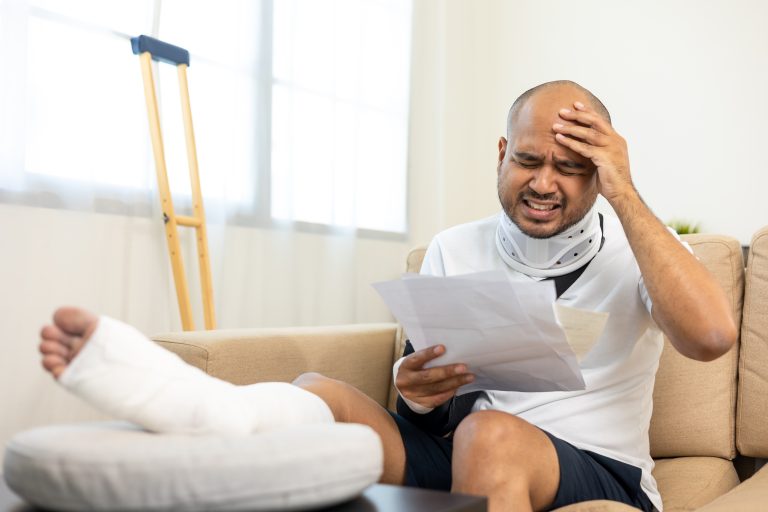Traveling to different countries gives you chances to explore new experiences and cultures, but it can also pose challenges, especially when unexpected medical issues arise.
1. Prepare a Comprehensive First Aid Kit
Before you set off on your journey, be sure to include a fully stocked first aid kit in your essentials.Include essentials like pain relievers, antihistamines, antiseptics, and any prescribed medications. Research the healthcare system of your destination and familiarize yourself with local medical facilities. This preparation can mitigate uncertainties and provide peace of mind.
2. Secure Adequate Medical Insurance and GHIC
Investing in comprehensive travel insurance is non-negotiable. It safeguards against unexpected medical expenses that could otherwise be financially crippling. For European travel, carrying a Global Health Insurance Card (GHIC) or European Health Insurance Card (EHIC) ensures access to necessary healthcare at reduced costs. In non-EU countries, robust travel insurance is indispensable to cover potential medical bills, such as the hefty costs associated with medical treatments in the US.
3. Understand Healthcare Systems Abroad
Healthcare systems vary widely across different countries. In the EU, presenting your EHIC or GHIC can facilitate affordable medical treatment. Conversely, countries like the US operate on a predominantly private healthcare model, where medical expenses can escalate quickly. Researching healthcare protocols and insurance requirements specific to your destination prepares you for navigating potential medical emergencies efficiently.
4. Managing A&E Visits
In case of an emergency requiring A&E services abroad, maintaining composure is crucial. Keep essential documents such as travel insurance details, passport or ID, and any relevant medical records readily accessible. Inform healthcare providers about your insurance coverage to streamline the billing process. Utilizing translation apps can aid communication if language barriers arise. Retain records of treatments and expenses incurred for insurance claims, as reimbursement processes may vary.
5. Bringing Medication Back to the UK
Returning home with prescribed medications requires careful planning. Obtain a prescription copy in English or translated appropriately, ensuring medications are in their original packaging with clear labels. A letter from your prescribing doctor detailing the necessity of the medication can facilitate customs clearance. Declare medications at UK customs to avoid legal complications, adhering to government guidelines on importing medicines.
6. Awareness of Prohibited Medications
Navigating international regulations on medications is essential to avoid legal issues. Some countries strictly prohibit or restrict medications commonly used elsewhere. For instance, drugs containing certain opioids may face stringent regulations in destinations like Japan or the UAE. Consulting your GP and checking embassy guidelines can prevent confiscation or legal consequences, ensuring smooth travels.
In conclusion, while travel enriches our lives with new experiences, being prepared for medical emergencies abroad is paramount. Following these expert tips not only enhances your safety but also protects against unforeseen financial burdens. By equipping yourself with knowledge and necessary preparations, you can enjoy your travels with confidence, knowing you are prepared for any eventuality.
